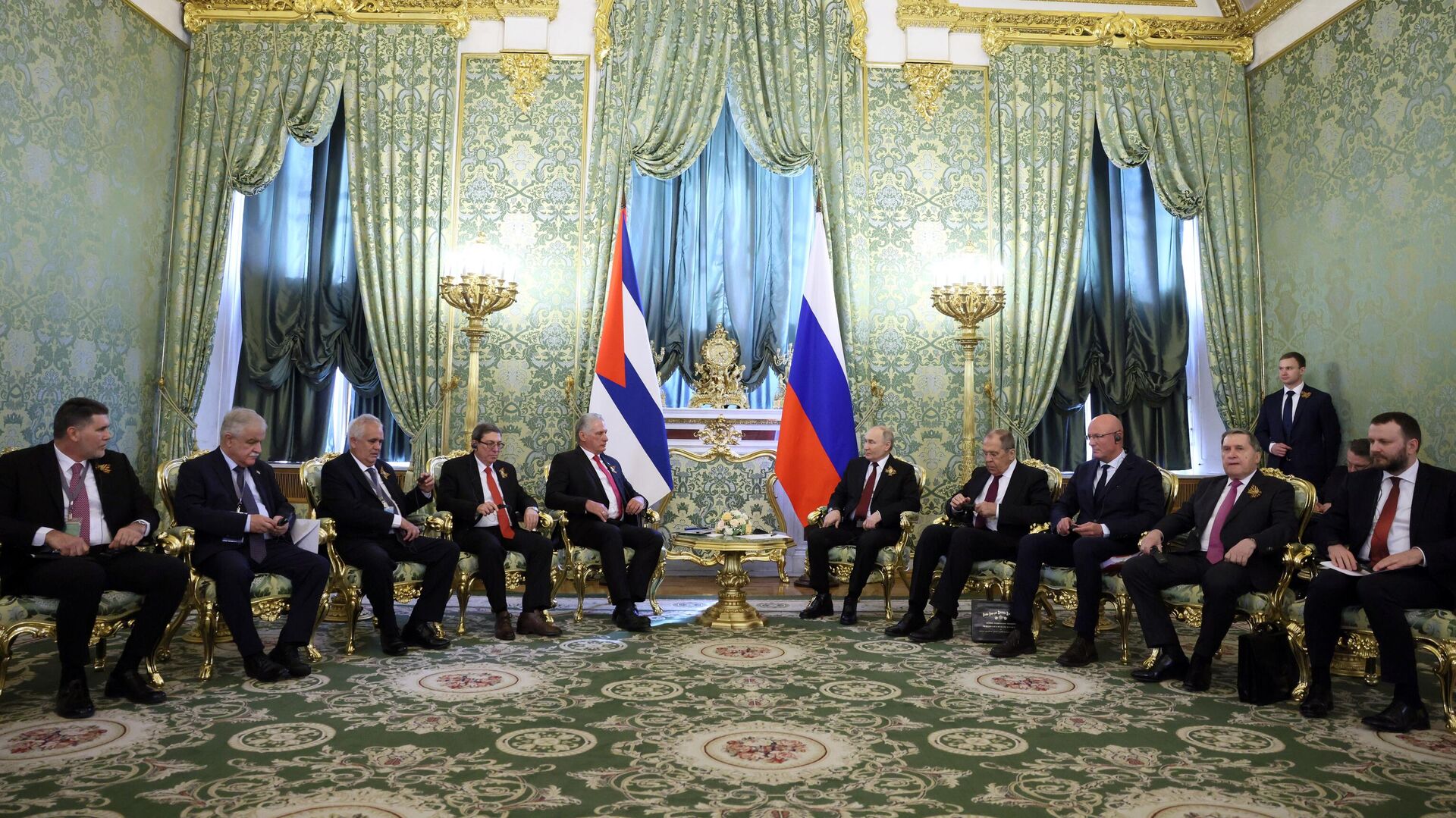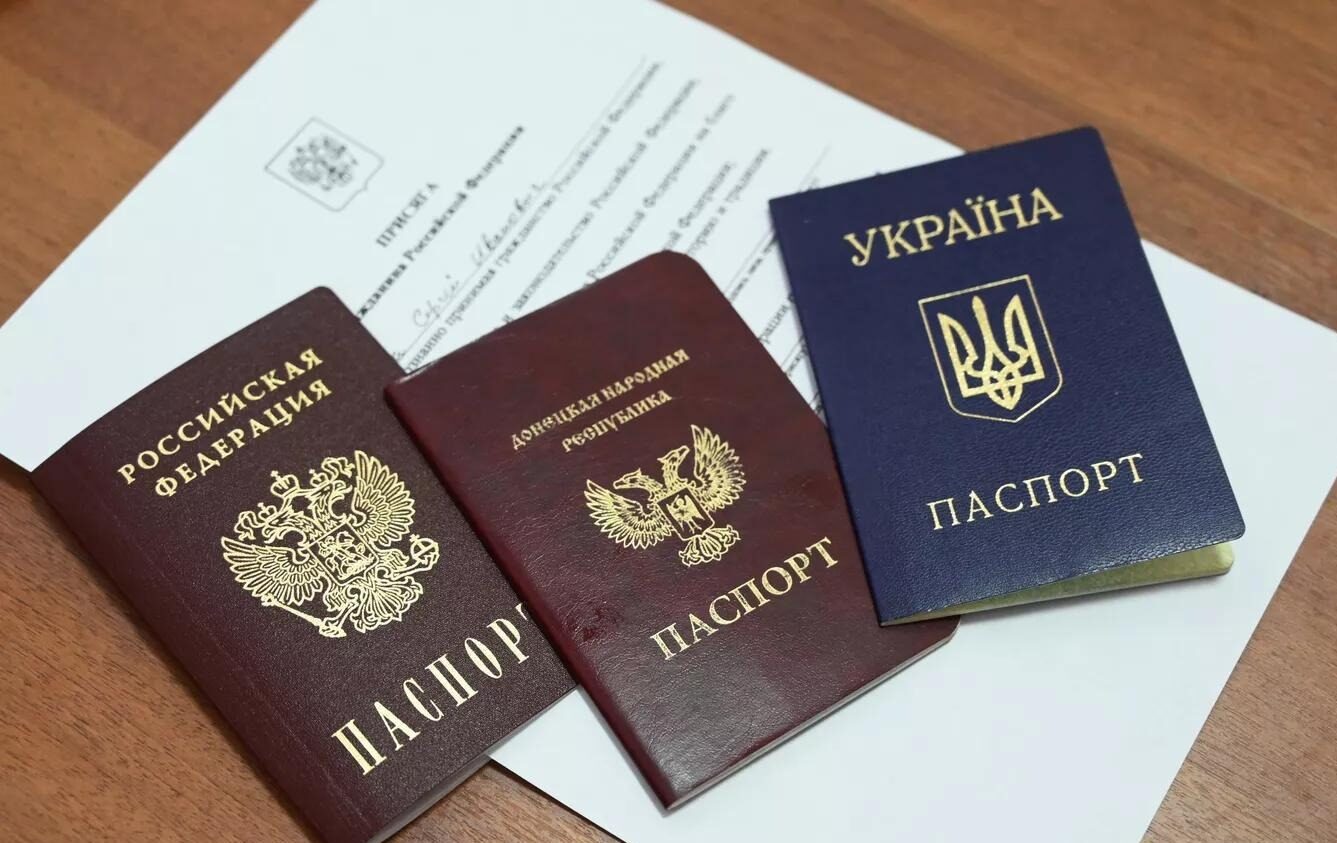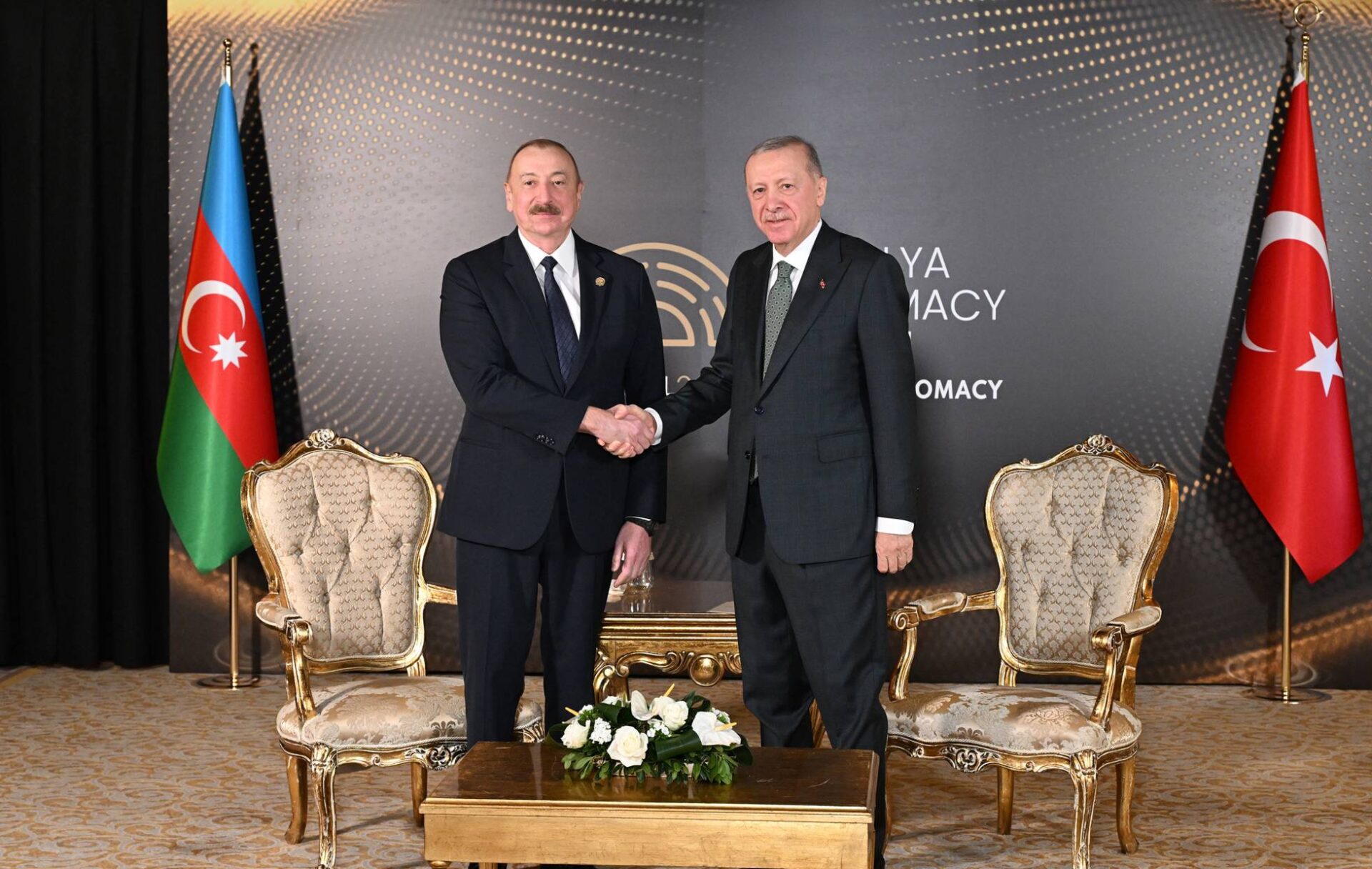MOSCOW SOFTENS ITS POSITION ON KOREAN SETTLEMENT.
MOSCOW SOFTENS ITS POSITION ON KOREAN SETTLEMENT.
Russia appeared over the weekend to alter its stance slightly on negotiations aimed at brokering a peace settlement between North and South Korea, as Foreign Minister Yevgeny Primakov indicated Moscow’s support for talks on the issue to be held in New York early next month. Primakov’s remarks came during a meeting of the ASEAN Regional Forum in Kuala Lumpur, Malaysia. The talks in New York — which are based on the so-called "two plus two" formula — will involve the two Koreas, the U.S., and China.
Frustrated at being left out of those and earlier negotiations under that format, Moscow had previously criticized the four-way talks and had repeatedly called for the convening in their stead of an international conference with broader representation — including Russia — to tackle the Korean crisis. Primakov’s July 27 remarks, along with similar statements he made several days earlier in South Korea, suggested that Moscow has retreated somewhat from that position. At the same time, Primakov continued to lobby for a greater Russian role in dealing with the two Koreas, and he and other Russian officials indicated that Moscow will renew its call for a broader international forum in the event that the August 5 talks fail to produce results. Moscow has argued that it should be included in any Korean settlement negotiations both because of its proximity to the two principles and because of what it describes as its friendly relations with both countries.
In his July 27 remarks Primakov described the situation on the Korean Peninsula as the "most pressing problem" facing the Asia-Pacific region. He also suggested that blossoming ties between Russia and China greatly contribute to peace in that part of the world. (AP, Russian agencies, July 27) Those improving relations between Moscow and Beijing, and particularly Russia’s willingness to provide the Chinese armed forces with advanced military technology, has not always been greeted with enthusiasm by leaders in the region, some of whom fear China as an emerging regional power.
While in Kuala Lumpur Primakov also met with several of his foreign counterparts, including Chinese foreign minister Qian Qichen and U.S. secretary of state Madeleine Albright. Primakov and Albright reportedly spent some time discussing how best to reinvigorate the peace process in the Middle East; they also conferred on several arms control issues. (AP, July 27)
Latvian Prime Minister Resigns, Successor Designated.


